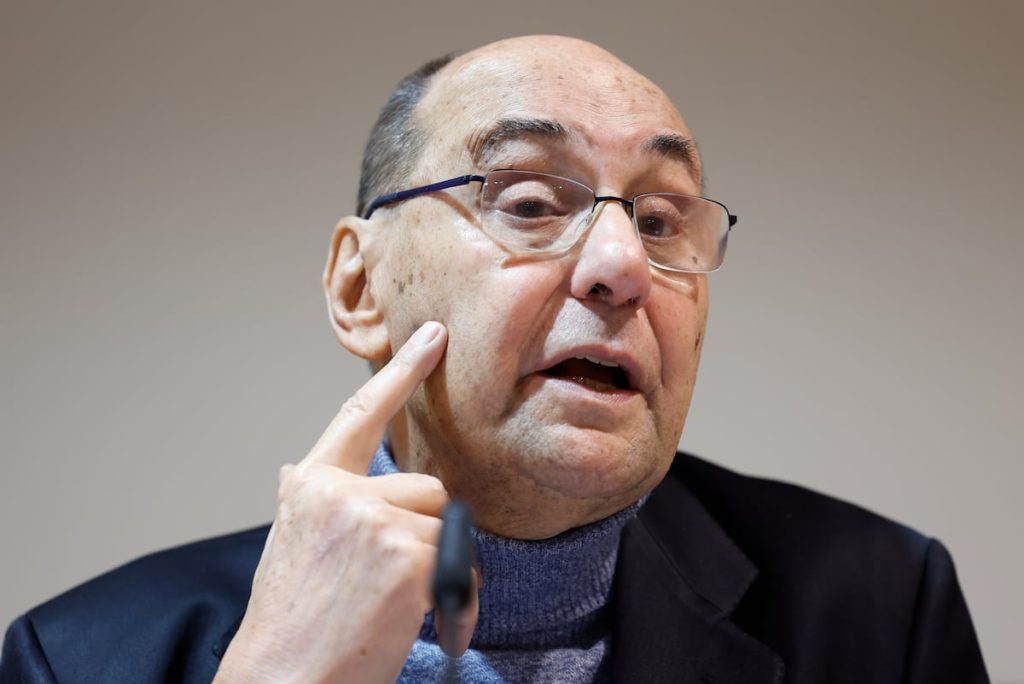Spanish National Police have made a new breakthrough in the investigation of the attempted murder of former Catalan PP president and Vox co-founder Alejo Vidal-Quadras in Madrid on November 9. Dutch police have arrested a Dutch woman on Tuesday for her alleged involvement in the financing and preparation of the attack, after Spanish authorities issued a European Arrest Warrant against her. This arrest strengthens the hypothesis of the involvement of the Mocro Maffia, a criminal organization mainly made up of North African criminals based in the Netherlands. However, other lines of investigation are still being considered. This arrest brings the total number of people detained in connection with the attack to five, with two others still at large.
Among the suspects is French citizen of Tunisian origin Mehrez Ayari, identified as the alleged gunman who shot Vidal-Quadras, seriously injuring him. The second suspect is Moroccan national Bekal Bounouare. While hospitalized, the politician accused the Iranian regime of being behind the attack. However, the police are exploring multiple hypotheses to unravel the complex web that spans three continents, involving an ex-model, an unemployed mason, a Muslim convert who worked advising victims of financial frauds, a hitman wanted for murder in France, a criminal with records on both sides of the Atlantic, a Moroccan citizen who fled Spain the day before the attack, and now a Dutch woman. The investigation is ongoing and more updates are expected soon.
The involvement of the Mocro Maffia in the attempted murder of Vidal-Quadras points to a larger criminal network at play, with connections that span international borders. The complexity of the case, involving multiple suspects from different countries and backgrounds, highlights the challenges faced by law enforcement agencies in unraveling such intricate criminal operations. The arrest of the Dutch woman in connection with the financing and preparation of the attack underscores the importance of international cooperation in combating transnational crime. The European Arrest Warrant system has proven to be an effective tool in expediting the extradition of suspects across EU member states.
The fact that there are still two suspects at large underscores the ongoing nature of the investigation and the authorities’ determination to apprehend all those responsible for the attack. The identification of the alleged gunman and his accomplices is a key development in the case, shedding light on the individuals involved in the planning and execution of the attempted murder. The political implications of the attack, with the victim linking it to the Iranian regime, add a layer of complexity to the investigation. The involvement of multiple individuals with diverse backgrounds and connections further complicates the case, requiring thorough investigation and coordination between authorities from different countries.
As the investigation into the attempted murder of Alejo Vidal-Quadras continues, new details emerge that shed light on the complex web of actors involved in the attack. The arrest of the Dutch woman in the Netherlands adds a new dimension to the case, pointing to international connections and criminal networks operating across borders. The ongoing cooperation between Spanish and Dutch authorities highlights the importance of coordination in tackling transnational crime. The remaining suspects at large underscore the challenges faced in apprehending all those responsible for the attack, underscoring the need for continued vigilance and international cooperation in combating organized crime.















